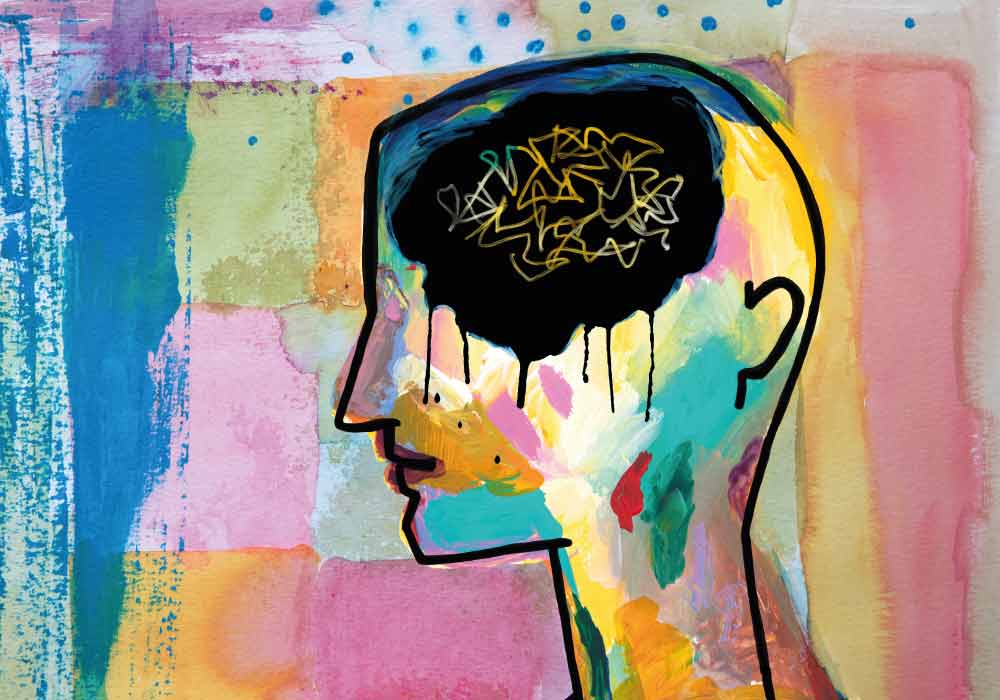The researchers make a theoretical effort to understand why we stop striving for our professional ambitions, while adding that the characteristics of the desire itself, as well as the social context, also play a role.
What drives (or paralyses) our professional ambitions
There are three characteristics of professional desire that should be taken into account.
1, First, it’s important to know the vagueness or clarity of the desire. That is, whether it’s well defined or not. If the desire is vague, it is more likely to lead to inaction and to stop fighting for the desire, since it implies a greater effort of clarification. On the other hand, if the desire is clear, with all its nuances, it’s easier to avoid inaction, and the person continues to play all the cards to make the desire a reality.
2. Second, the magnitude of the transition. If the desire involves a very large transition compared to the current choice, whether of knowledge, habits or location, there’s a greater chance of inaction, as there’s more fear and anxiety, more attention to short-term implications, and more cognitive demands. However, if the transition is smaller, fear, attention to the short-term, and cognitive demands are lower, avoiding inaction to a greater degree.
3. Third, the time requirement. Time seems to be the enemy of inaction. The more time we have to fulfil our desire, or the lees defined it is temporally, the more likely we are to reach inaction. On the other hand, desires that are temporally delimited, or if circumstances force us to make a decision, provide more chances that said desires will be fulfilled.
Therefore, clear wishes, which involve a small transition, and which must be decided at a precise moment in time are more likely to come to fruition.
Finally, the social context also plays a role. If the environment perceives the desires of the person in question as normal, there’s a greater likelihood that inaction will not occur, and therefore the person will continue to strive for them. Conversely, when the environment perceives a person’s desires as abnormal, the person is more likely to stop fighting for those desires, leading to inaction eventually.
The consequences of not pursuing career ambitions
Unfulfilled professional desires are generally experienced as a regret and generate thinking described as counterfactual, where the person wonders “what if I had done this, what if I had done that”. Counterfactual thinking resulting from a perception, false or not, of missed opportunities, leads to low motivation, proactivity, and productivity in the present work performance. Some suggestions to avoid inaction might be the following:
* For the individuals themselves: incorporate Verbruggen and De Vos’ model into our professional desires and ask ourselves: are my desires vague or crystalline? Do my longings imply a big or small transition in my life? Do I have to make a decision at a particular time or not? Does my environment facilitate the decision? What level of professional rootedness do I have? Does my entourage perceive my desire as “normal”?
* For the organisations themselves: understanding what are the professional desires of their employees: Do they have disruptive or cumulative desires? Can we accompany them in their cumulative desires? What are the personal and organisational implications of not accompanying them? What are the personal and organisational consequences of accompanying them in their cumulative desires? Do we have advisors and mentors for this purpose?
It is not guaranteed that we’ll achieve our professional ambitions, but the model presented here helps us to avoid the often unnecessary inaction that inhibits more flourishing and fulfilling lives.
Sources:
- Verbruggen, M., & De Vos, A. (2020). When people don’t realize their career desires: Toward a theory of career inaction. Academy of Management Review, 45(2), 376-394.
